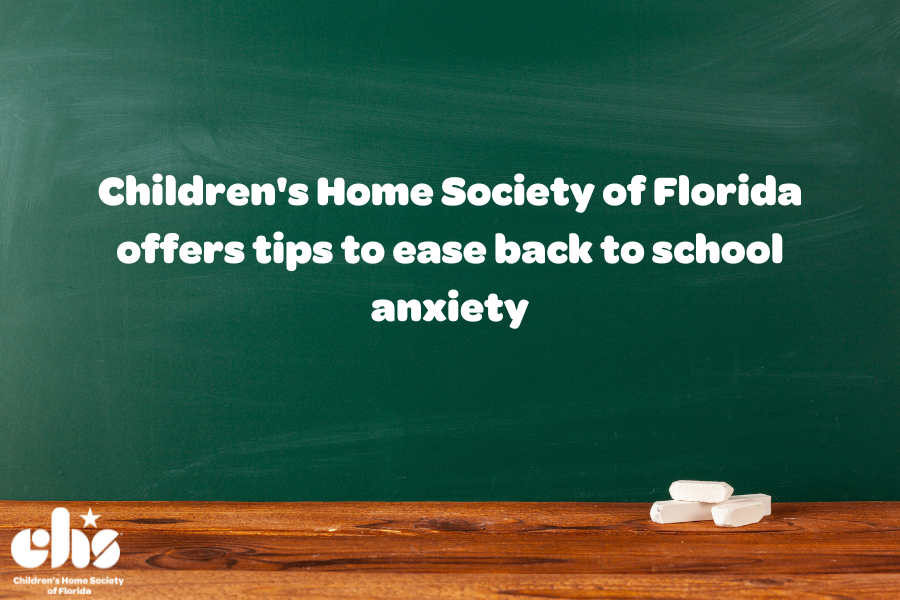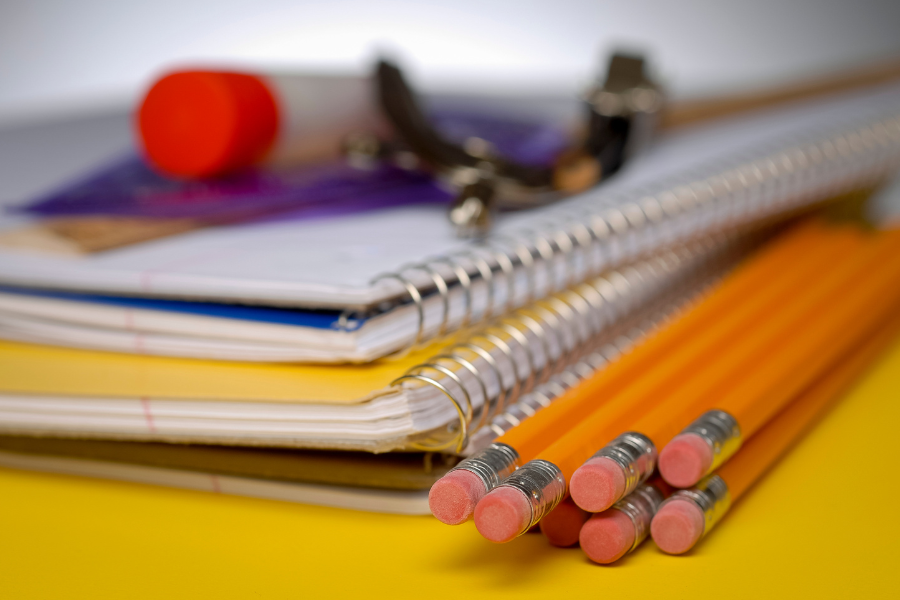CHS is offering tips to help parents and caregivers recognize signs of back-to-school anxiety. Anxiety reports from students nearly double when school starts after the summer break. If left untreated, anxiety and other mental health challenges can have a significant impact on a student’s classroom behavior, academic performance, and social interactions.
Some general anxiety symptoms to watch out for in students include:
- Feeling nervous, restless, or tense
- Breathing rapidly (hyperventilation)
- Sweating or trembling
- Feeling weak or tired
- Having trouble concentrating or thinking about anything other than the present worry
- Having trouble sleeping
- Experiencing gastrointestinal (GI) problems
- Increased tearfulness or irritability when it is time to go to school
- School refusal
For many children – especially those with existing mental health and behavioral challenges – adult support and understanding can help.
Building a stable, daily routine and creating structure can help minimize stress for children and families. Having open conversations about anxieties can also help children cope and overcome concerns. Ask questions and allow the child to express their feelings without judgment.
Make sure your child gets enough sleep — if they have difficulty falling or staying asleep, explore nighttime rituals to calm before bed including reading together or quiet stretching exercises. Monitor eating habits and limit junk foods and sugar with healthy fruits, nuts, and proteins.
Learning coping and relaxation strategies like deep breathing exercises and leisure time outdoors can help reduce worry and anxiety. And lastly, CHS advises not to get frustrated as a parent. Be sure to stay positive and remember to take a break when you need it.
CHS provides counseling in multiple formats, including meeting with children and families in homes, in schools, in offices, and online via Telehealth. To find help near you, visit chsfl.org/counseling.










